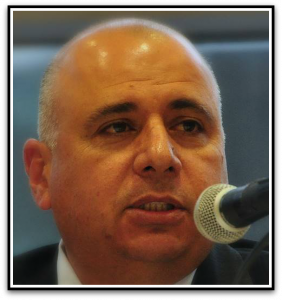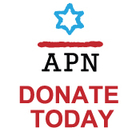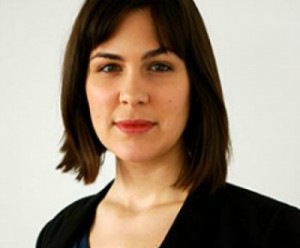 By Ori Nir
By Ori Nir
Israel has always suffered a water shortage. Seven years ago, the shortage turned into a crisis. The Sea of the Galilee receded to an unprecedented low, as did the mountain aquifers. Under the slogan “Israel is drying up,” the government ran terrifying television ads, featuring Israeli celebrities whose photoshopped skin was cracking like arid earth and peeling off. My mother used to cover her eyes when these ads ran. “I can’t see it,” she would say. Concerned citizens took shorter showers and stopped using garden hoses to water their plants or wash their cars. Consumption dropped but not enough. The country’s dwindling reserves couldn’t meet demand.
Today, the state of Israel has solved its water problems. Four large water desalination and purification plants were built (two more are under construction), including one that until recently was the largest in the world. Today, more than half of Israel’s drinking water is desalinated Mediterranean water. There is a surplus of water, even as consumption grows.


 The pro-Netanyahu newspaper Israel Hayom, a political daily distributed free of charge and funded
by American billionaire Sheldon Adelson, is the main reason for Israel’s dropping to the unflattering “partly
free” category in
The pro-Netanyahu newspaper Israel Hayom, a political daily distributed free of charge and funded
by American billionaire Sheldon Adelson, is the main reason for Israel’s dropping to the unflattering “partly
free” category in 
